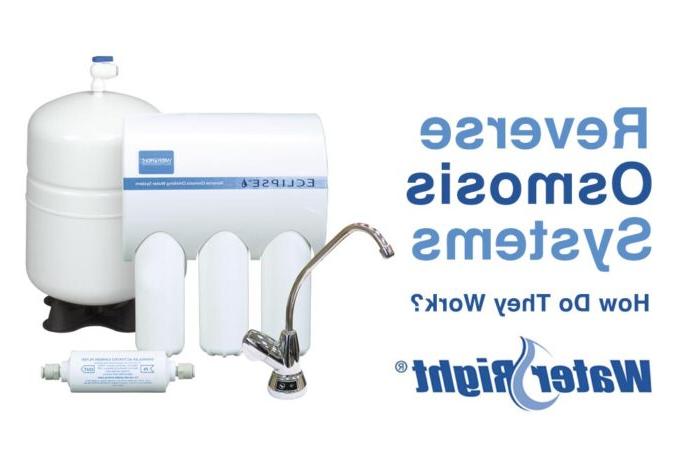Water softeners perform an extremely important job, removing minerals such as calcium and magnesium from the water in your home. Just like any other appliance, a water softener will only last for so long. Eventually, components break, electrical problems occur, and it just stops working.
While they can last much longer if well maintained, water softeners have a typical lifespan of between 10 and 15 years. If your water softener was installed more than a decade ago, replacing it may be the right option.
How long a water softener lasts will also depend greatly on how much it is used, which is dictated by the quality of your home’s water. If you are softening extremely hard water or well water with iron, your equipment may need to be replaced sooner.
As there is no definite time when you should replace a water softener, it is important to learn how to spot the signs of your water softener starting to fail.
Common Signs Your Water Softener Isn’t Working Properly
There are several sure-signs that your home’s water softener isn’t producing the quality of water you’d expect. Yet, noticing these signs may not mean your water softener needs to be replaced. It could mean your softener simply needs servicing.
There might be a certain component that can be replaced, you may need to replace the media, or you simply forgot to add salt in the brine tank. Valves can become jammed or the softener could require cleaning. If you’re unsure of the problem, contact your local residential water treatment experts and have them look at your situation.
Here are four things to watch for that could indicate your water softener needs to be serviced or replaced.
1. Not Enough Lather
One of the telltale signs of hard water is soap refusing to lather. If you notice that you are having a hard time soaping up in the shower, you may need to check your water softener. You may notice that you are going through shampoo and soap a lot faster than usual, as you need to use more to make a decent lather.
2. Laundry Problems
Washing your clothes in hard water can make them stiff and scratchy. Fabric softener can counteract this stiffness to some extent, but a more effective solution is to make sure your water softener is functioning properly to effectively remove the minerals that are making the clothes stiff.
Hard water can damage a washing machine as well as other appliances such as hot water heaters and dishwashers. To protect those appliances, it is important to check to make sure your water softener is functioning properly.
3. Crusty Buildup Around Pipes and Faucets
The minerals that are naturally present in hard water can cause a crusty buildup around your pipes and faucets. Pay attention to your faucets when you are cleaning the kitchen and bathroom. If you notice a chalky substance building up around them, this could be a sign that you need to take a look at your softener.
4. Your Water Tastes Different
Hard water tastes different than soft water. Some people prefer the smooth taste of soft water and will notice if the water supply to their home begins to have increased mineral content. If you’re drinking water straight from the tap, pay attention to changes in taste, as it could mean your softener needs to be serviced or replaced.
Benefits of a New Water Softener
Replacing an old water softener can make your life at home much easier. If your water hasn’t been getting properly softened, it means you’ve likely been dealing with common hard water problems like those mentioned above.
A new water softener could make it easier to keep your house clean, provide you with softer clothes, and better hair and skin. It also helps ensures your water-using appliances last at least as long as you’d expect.
Getting a new water softener also allows you to take advantage of updated features and technologies in water treatment. Much like upgrading a furnace, most modern day furnaces will be more efficient than one 15 years old. Water softeners are the same way, but there are even more advanced features as well. Salt monitors can alert you when you need to add water softener salts, and chlorine generators can keep your system clean.
Are You Happy with Your Home’s Water Quality?
If you have complaints about your home’s water quality, there’s a good chance there may be more than just hardness causing your frustration.
Some people assume water softeners can fix a variety of problems, but these systems are specifically designed to remove hard minerals. Other problems, such as excessive iron, acidity, and the level of total dissolved solids (TDS) will require additional filtration. So it is possible your water softener is working correctly and a different type of equipment is needed.
While some people like the taste of soft water, the best way to get high quality drinking water in your home is to install a reverse osmosis system, which will reduce many contaminants and make water taste great.
Water quality changes over time. If you are thinking of replacing your water softener or having it serviced, it is a good idea to get your home’s water tested so you get the right water treatment equipment. Experts from Water-Right’s family of brands can give you reliable advice and recommend the right solutions.
Find the right contractor for you.
Recent Homeowner Resources

Can In-line Filtration Fix All Water Problems?

What To Look For In Your Water Softening Equipment Provider?



